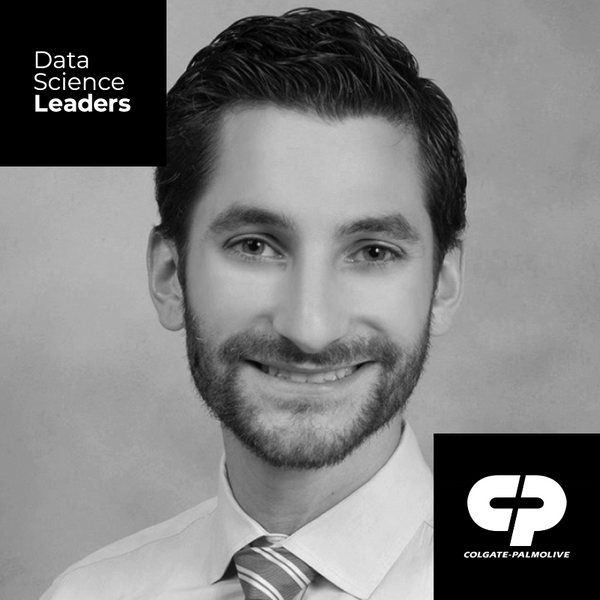episode 29
To Patent or Not to Patent? How to Weigh the Options for Your Team
Data Science Leaders | 36:50 | December 01, 2021

Listen how you want
Get new episodes in your inbox
Should your team patent its data science work? With open source such an important part of the data science community, patents almost seem antithetical to the ethos of the field itself.
But it turns out, there are some very good reasons to pursue data science patents in business.
In this episode, Kli Pappas, Associate Director of Global Analytics at Colgate-Palmolive, shares his team's process for deciding whether to patent an algorithmic process—and what benefits it can bring. Plus, he talks about why a statistical background is so important for teams that generate data.
We discuss:
- The transition from getting a PhD in chemistry to the analytics world
- Finding the balance between statistical and computer science backgrounds
- Why you should patent your data science work and how to do it
Popular episodes

James Cham
Partner, Bloomberg Beta
EPISODE 71April 11, 2024
Unlocking the disruptive potential of generative AI: a VC perspective
Listen Now | 28:49
Volodimir Olexiouk
Director of Scientific Engagement and Data Science Team Lead, BioLizard
EPISODE 70March 28, 2024
Overcoming the data challenges of AI-driven drug discovery
Listen Now | 36:49
Rahul Todkar
Head of Data and AI, Tripadvisor